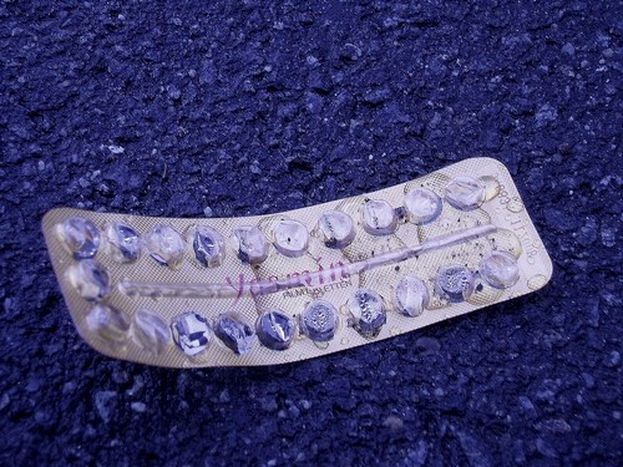
Contraception: buying the morning after pill in Europe
Published on
Translation by:
 Helen Moorhouse
Helen Moorhouse
This form of emergency birth control appeared in French and UK pharmacies in 2000 and 2001. The basics on how the situation looks in other countries
When we go on holiday, especially to Europe, we assume that what we can buy in our own countries we will be able to buy elsewhere, especially now with the European Union and the Schengen area. Although the economic union in Europe is taking shape the best it can, the practices of Europe are a mere accumulation effect of states, which explains the differences in laws especially when it comes to contraception and abortion.
Morning-after pill: the facts
In the UK, the morning after pill is named after the hormone levonorgestrel contained in the tablet. It is called ‘Levonelle one step®’ when you buy it over the counter or ‘Levonelle 1500’ on prescription. The time between sexual intercourse and taking the tablet is key to its effectiveness – usually it must be taken within 72 hours, i.e. three days. In Europe, it is available without prescription in eleven countries, including Albania, Belgium, Denmark, Finland, Greece, Holland, Portugal and Sweden (outside the EU, you can find it in Norway, Morocco, Israel and South Africa). In the UK, the pill has been sold without prescription to women over the age of 16 since 2001, and costs 28 euros (£25). The price of the morning after pill is also extortionate in Switzerland (24 euros, £21). However in France, where the ‘post-coital pill’ (as the docs brand it) has been sold since 1999 without a GP prescription, it costs less than ten euros (£8. 90). In Poland, the price is midway, at 50 - 80 zlotys (10-17 euros, £8 - 15), depending on the kind.
In England, local papers provide details of 24-hour pharmacies in your area
On a weekend, evening or bank holiday, it is difficult to find a doctor depending on the country you are in. In England, local papers provide details of 24-hour pharmacies in your area. In Poland, there are websites with lists of gynaecologists who prescribe it, like wpadka.pl. In Germany and Austria it is a mere formality, but this is not the case everywhere, especially in very catholic countries, as the Vatican considers the pill to be a ‘chemical abortion’.
In the UK, the Royal Pharmaceutical Society of Great Britain's code allows a pharmacist to refuse to sell or dispense drugs because of their religious or moral beliefs, as in Poland. In the very christian villages of the Italian peninsula, finding a doctor who will write you a prescription can be quite an achievement too. The situation is less delicate in Spain, although it isn’t given everywhere there either. As for Ireland, a country where abortion is illegal, you can get the morning after pill on prescription but you must be aware that the price of the doctor and the pill will cost you the same as a night in a hotel. Another solution is to always have the morning after pill in your travel bag in case you have a problem with a condom.
Tiny European glossary
The morning after pill or ‘EHC’ (‘emergency hormonal contraception‘) is called La pilule du lendemain in French, la píldora del día después in Spanish, die Pille danach in German, de morning-afterpil in Dutch, tabletka dzień po or just tabletka po in Polish and la pillola dell'indomani or la pillola del giorno dopo in Italian.
Translated from La pilule du lendemain d’un pays à l’autre


